
Vietnamnet
2144 newsArticles by author

Online fashion sales boom in Vietnam
The e-commerce community predicted that 2018 would be the year of fashion products in Vietnam, noting that busy office workers were buying more clothes from online shops.
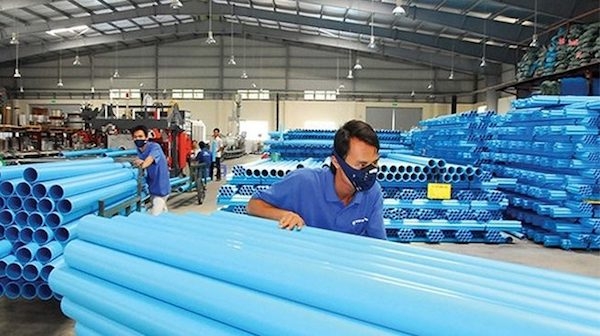
Thai ‘investment wave’ in Vietnam getting stronger
Thai investors are expected to increase their presence in Vietnam through capital contribution and M&A deals, analysts say. This will pose a challenge for Vietnamese goods.
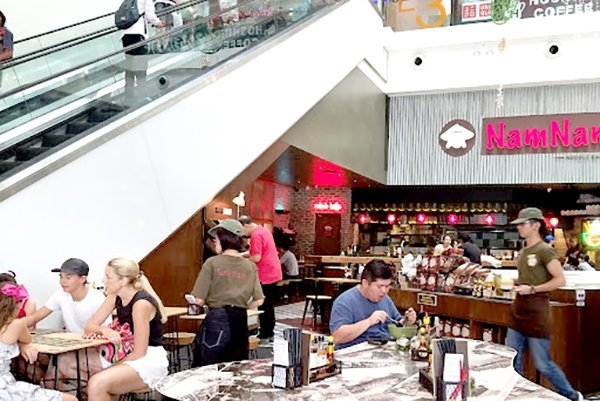
Vietnamese franchisers market brands to the world
Some Vietnamese businesses are trying to make domestic brands better known internationally through franchise contracts. If they can find partners, they will be able to accomplish their goals more quickly.

Vietnamese payment service market, e-wallets boom
The non-cash payment service market, a lucrative one in Vietnam, is mostly under control of foreign service providers.
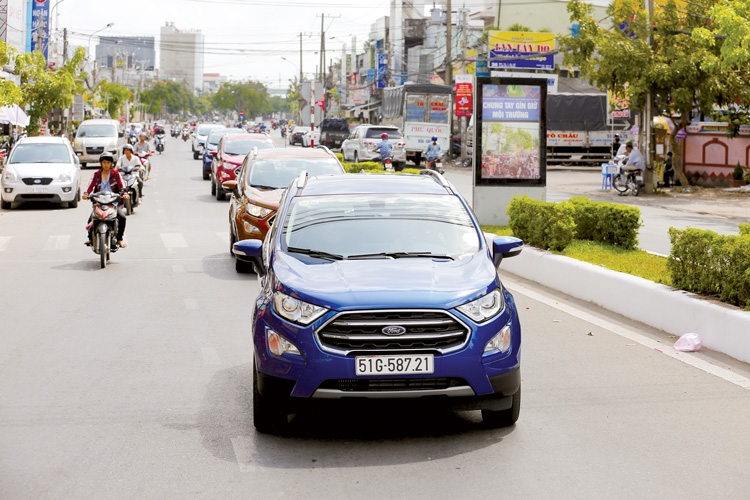
Dozens of taxes, fees burden Vietnamese car users
Vietnam is among the countries with the highest selling price of cars in the world.
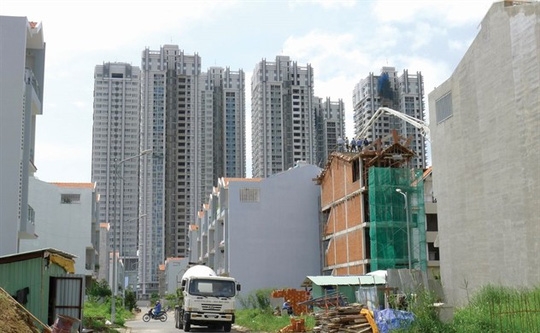
Real estate market is ‘fragile’, could lead to another bubble, experts say
Land fever in Phu Quoc, Long An, Nhon Trach and HCM City, a lack of houses for low income earners, and an oversupply of high-end apartments are the main features of today’s real estate market.
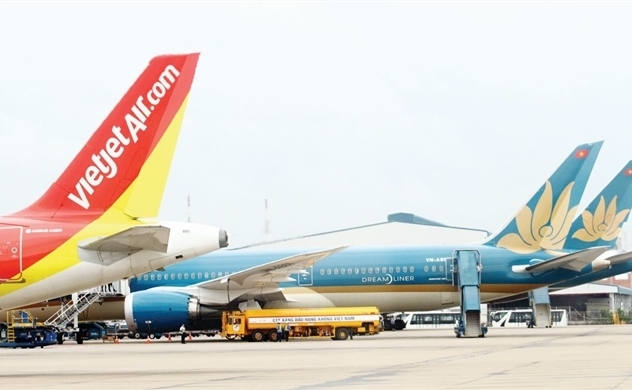
Vietnam’s aviation market welcomes new fleets
By December 2017, Vietnam’s airlines had been operating over 160 airplanes of different kinds. The biggest fleet belongs to Vietnam Airlines with 86 aircraft, while Vietjet has 49 and Jetstar Pacific 19, according to Planespotter.
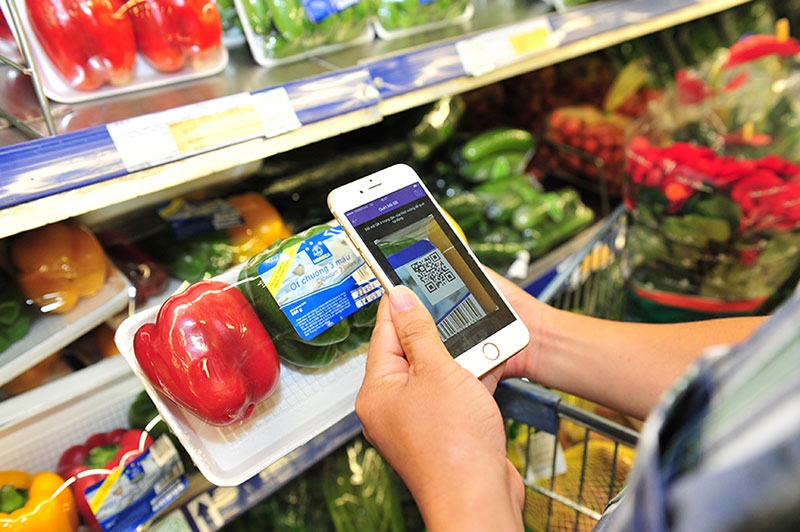
Blockchain technology traces farm produce origin in Vietnam
Blockchain technology is an important solution to trace the responsibilities of involved parties in the farm produce supply chain. However, the feasibility of the technology application in the immediate time is questionable.
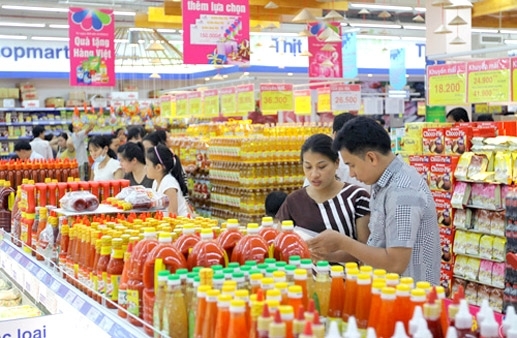
Exporting products through foreign distribution chains
Having products retailed at foreign distribution chains is a good way to bring Vietnamese goods to the world market. But domestic companies still find it difficult to do.

Economists oppose golf course proposals
Local authorities have proposed adding tens of golf course projects to the program on golf course development, a move many economists oppose.
